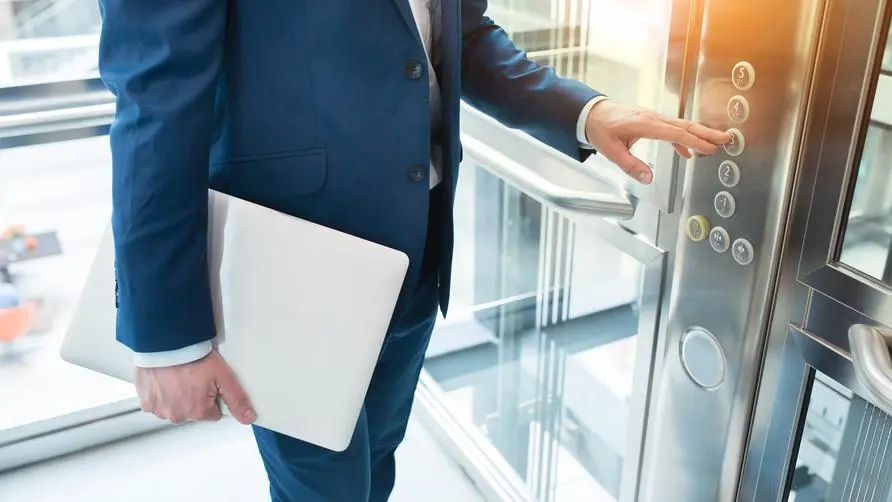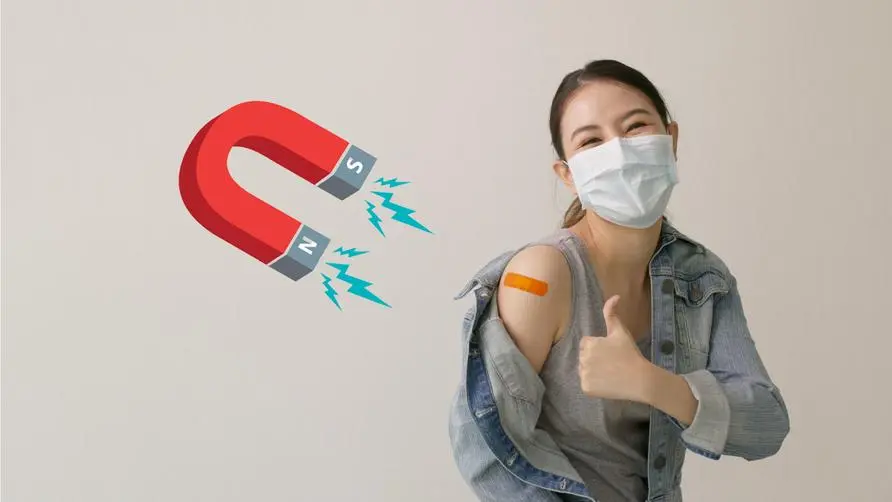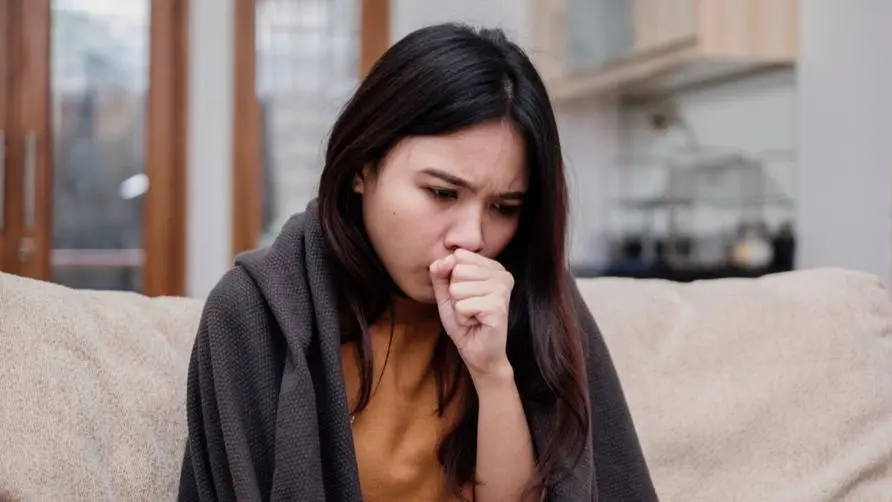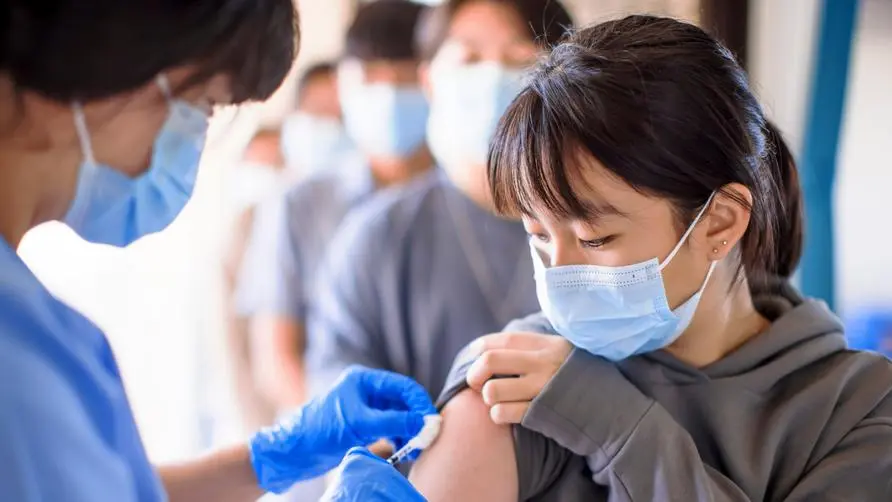Neighbors are diagnosed and themselves suffer! Was it the elevator that was to blame? Doctor: Airtight spaces are the most dangerous!

A few days ago, it was reported that a total of five people in two households in a building in Fengshan, Kaohsiung City, were diagnosed with the disease. The two households were on different floors and did not know each other. There was actually a cross-infection. After an epidemic investigation by the Kaohsiung City Health Bureau, it was discovered that the route of infection should be in the “elevator”. Could it be that in the elevator, neighbors are not talking to each other, even when there is no one in the elevator, can they still be infected with the virus? Dr. Huang Xuan believes that no matter whether there is anyone in the elevator, as long as you don’t wear a mask in the elevator, you may be infected!
The airtight airtight caused the virus to spread in the elevator and became a hot spot for COVID-19
Dr. Huang Xuan explained that as long as a confirmed patient takes the elevator and the patient coughs during the ride, the entire floor, walls and elevator buttons may be filled with the patient’s mouth droplets. The virus spread throughout the elevator at the same time. In such a closed box space, as soon as the elevator is started and the air conditioner is operated, droplet viruses that were not flowing in the elevator will begin to flow in the elevator. The probability of the human body inhaling the virus will also increase, and the elevator will become invisible. Site of infection.
Dr. Huang Xuan then explained through a Dutch paper: The researchers hypothesized that if a patient infected with COVID-19 speaks loudly in an elevator without wearing a mask, he may produce as many as dozens of noises per minute. Thousands of suspended particles containing viruses; just one cough can produce millions of particles. Assuming that the air volume inhaled by the human body is about 40 liters/minute, in an elevator with a volume of about 10 to 15 cubic meters, after an infected person speaks or coughs, it means that we may inhale up to tens of thousands of particles per minute. Viral particles.
Some studies have also pointed out that in any poorly ventilated elevator, the air flow mainly comes from the air flow generated by the air conditioner, and the rising air flow can transport virus-containing suspended particles to a longer distance, up to 4.5 meters. Far exceeding the international social distance requirement of 1.5 meters. In addition, the effective survival time of the virus in the elevator may exceed 30 minutes, and because the space is closed, the stock of the virus can still reach a level sufficient to infect people. Therefore, don’t think that the moving elevator means ventilation. The movement of the elevator may also disturb the virus particles on the floor and walls again!
Maintaining ventilation in elevators is key to fighting the epidemic. Washing hands frequently and wearing masks are still necessary.
Dr. Huang Xuan suggested that if you want to avoid being diagnosed with COVID-19 when taking the elevator, the most important thing is to wear a mask and use indirect methods to touch the elevator buttons, such as using keys, ball pens, toilet paper, etc., to reduce direct contact with the virus. possibility; and remember to wash your hands frequently after getting out of the elevator. Many people are used to washing their hands after going to the toilet, but they forget that there are many viruses in the elevator. In addition, the ventilation of the elevator itself is also very important. Many elevators have now added air convection designs, which can help prevent the spread of COVID-19. The hourly ventilation in the elevator must also be increased, from the usual 1 hour per hour. to 2 times, and may need to be increased to more than 10 times.
If you are afraid that you will be infected by COVID-19 just by taking the elevator downstairs to buy dinner, you can actually take the stairs instead and exercise on the way; but if you live on a high floor and the elevator itself is not well-ventilated, you may really have to Confirm with the community management committee whether the ventilation of the elevator is good, or ask the elevator manufacturer to handle it. In short, although the epidemic situation is currently slowing down, personal epidemic prevention cannot be taken lightly. Frequent hand washing and wearing a mask must still be practiced. If any small details are omitted, it may lead to regrets.
Source:
“Why is it easy to spread in elevators?” - Dr. Huang Xuan
Reducing aerosol transmission of SARS-CoV-2 in hospital elevators





